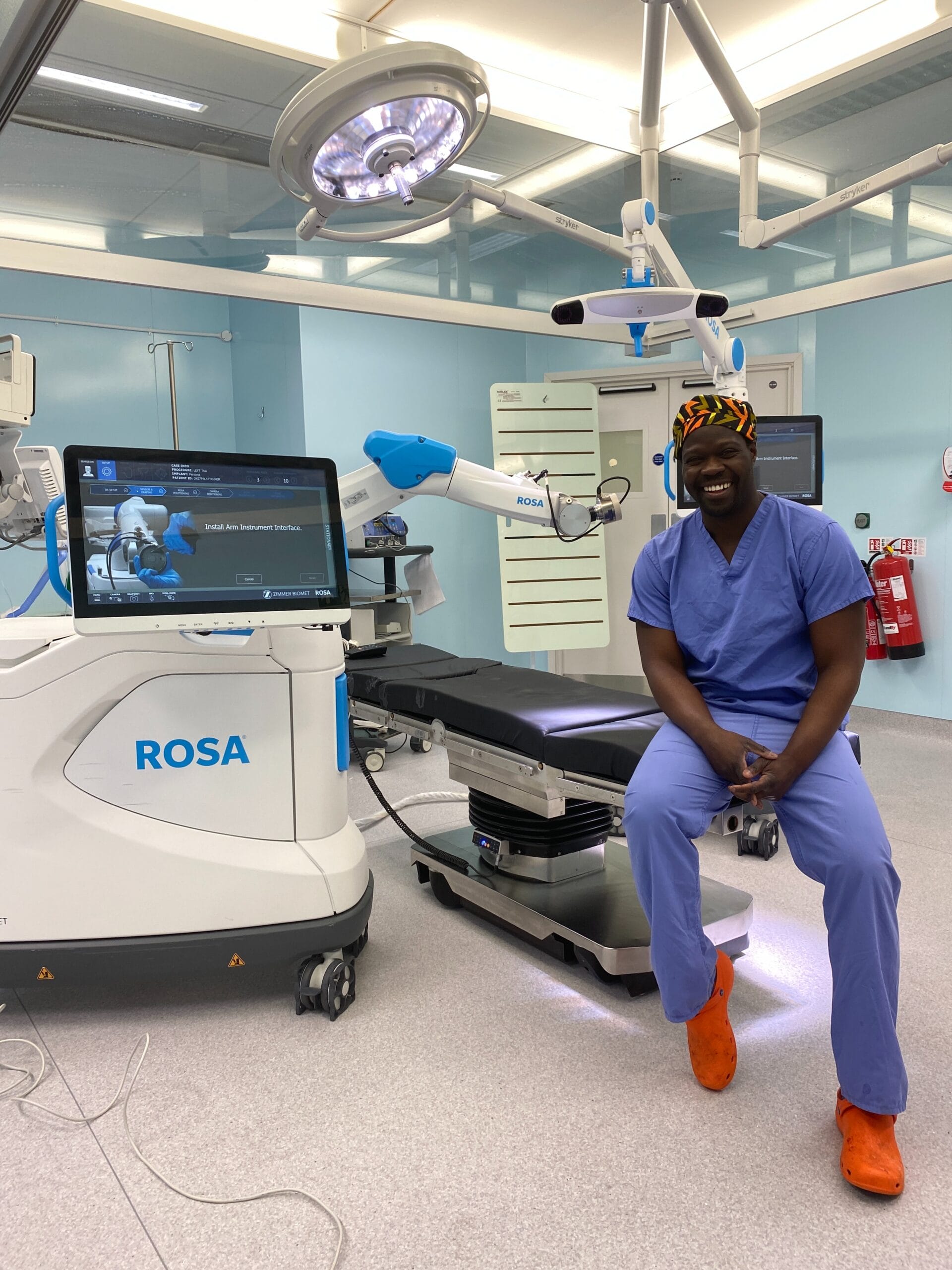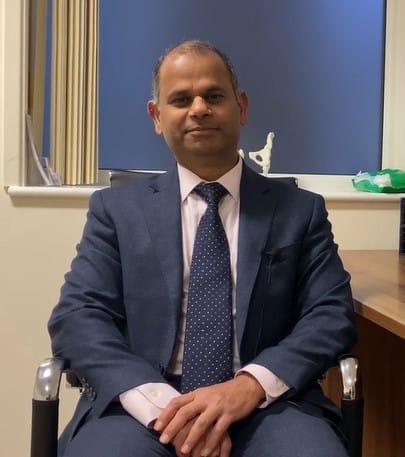One in four people suffer from high blood pressure – here Professor Graham MacGregor chairman of the Blood Pressure Association explains why it pays to know your numbers.
High blood pressure is the world’s biggest killer leading to heart attacks, strokes, heart failure and kidney disease, yet it has no symptoms and unless we are tested – most of us are walking around completely oblivious to the fact we have it.
What is it?
Blood pressure is the pressure of blood as it moves around the body pushing against the sides of the blood vessels – the strength of this push is blood pressure. If your blood pressure is too high it puts extra strain on your arteries (and your heart) and this may lead to heart attack and stroke.
Having your blood pressure taken
Professor MacGregor argues you’re never too young to have your blood pressure checked – and it’s a good habit to get into before it becomes an issue.
‘Your health professional will never diagnose high blood pressure on the basis of one reading alone,’ says Professor MacGregor.
‘Your blood pressure does fluctuate according to what’s going on in your life and more immediate factors such as rushing to get somewhere or taking it immediately after exercising hard.’
- White coat hypertension: Some people do appear to have high blood pressure which appears to be related to seeing a health professional and for them taking their own readings at home with a blood pressure monitor at home may be a better option. Choose one approved by the Blood Pressure Association
- Ambulatory monitors: Doctors can also send you home with an ambulatory blood pressure monitor which takes readings at regular intervals over 24 hours to get a truer picture of what your blood pressure is.
Knowing your numbers
Blood pressure readings have two numbers: for example 140/90mmHg.
· Systolic reading: The top number is your systolic blood pressure, (this is the highest pressure when your heart beats and pushes the blood round your body).
· Diastolic: The bottom one is your diastolic blood pressure, (the lowest pressure when your heart relaxes between beats).
‘Although the official threshold for treating high blood pressure with medication is 140 / 90 – that doesn’t mean that people with systolic readings lower than that don’t have raised blood pressure – anything above 120 systolic needs bringing down and keeping an eye on – and that’s about 80 per cent of the population, ‘explains Professor MacGregor.
‘If you keep your blood pressure down from a younger age with diet and lifestyle changes it can prevent you needing medication later on.’
What your reading means
Interpreting your blood pressure reading can be confusing, but here are some figures to bear in mind.
- Low blood pressure : Lower than 90/60mmHg.Only one of the numbers has to be lower than it should be to count as low blood pressure.
- Optimal blood pressure = 120/80
- Intermediate/ Normal blood pressure: From 120 /80 to 140/90. This is normal but still higher than it should be and needs controlling with diet and lifestyle changes but does not warrant medication.
- High blood pressure: Anything over 140/90. You may also have high blood pressure if just one of these figures is higher over a number of weeks. You are likely to need medication to bring it down.
Tips for bringing down your blood pressure
There are a number of lifestyle changes which will bring down your blood pressure . These include:
- Cutting down on salt: ‘Eating too much salt is a major cause of high blood pressure,’ explains Professor MacGregor. ‘ The maximum recommended daily intake is 6g a day for adults – but most of us eat nearer 12g a day.
‘Salt is hidden in a lot of processed foods including bread which accounts for 20 per cent of our daily salt intake. It’s also used in pizzas, ready meals , soups and stock cubes. The best way to cut down is to cook fresh foods from scratch – but if you are pushed for time – check the labels and choose low salt versions.’
- Eating more fruit and vegetables: They contain potassium which reduces your blood pressure – aim for at least five portions a day.
- Exercising regularly: Regular aerobic activity is good for your heart and arteries. If you have been diagnosed with high blood pressure check it’s safe for you to exercise with your GP or practice nurse first. The best types of aerobic exercise are brisk walking , jogging, cycling , swimming, dancing, tennis and digging the garden. Don’t try sprinting, squash or weightlifting though – they will rapidly raise your blood pressure and put unwarranted strain on your blood vessels and heart.
- Keeping to a healthy weight: It will stop you putting a strain on your heart and arteries. Check your Body Mass Index and if you’re overweight aim to lose five to 10 per cent of your body weight over 3 to 6 months.
- Cutting back on alcohol; Excessive drinking raises your blood pressure.According to the Department of Health men who consume more than 8 units a day (more than double the recommended maximum daily intake) and women who consume more than six units a day (more than double the maximum recommended number of units) are four times more likely to develop high blood pressure.
Silent Killer
‘Often the first anyone knows about their high blood pressure is when they have a massive stroke or heart attack ,’ explains Professor Graham MacGregor, chairman of the Blood Pressure Association and professor of cardiovascular medicine at the Wolfson Institute, London.
‘This is why it’s so important we all have our blood pressure checked regularly.If you know you have it it can be easily treated and controlled by diet and lifestyle changes and if needed drugs as well.’
Medication
Drugs can help bring down your blood pressure. These include:
- ACE inhibitors which control hormones which regulate blood pressure
- Calcium channel blockers which make the artery walls relax
- Diuretics which lower blood pressure by removing unwanted fluid from the body
‘In most cases though you’re likely to need more than one because the body tries to block its effects’, explains Professor MacGregor.
‘The newer drugs are very effective and have minimal side effects.’
9th to 15th September is National ‘Know Your Numbers’ Week – to find out more please go to www.bloodpressureuk.org
What makes Horder Healthcare unique
Horder Healthcare is committed to providing the very best quality of care for our patients and customers. We are continuously working on improving and reducing risks and this is reflected in our consistently high CQC results, patient satisfaction questionnaires and minimal levels of infection.
We are a charity
We reinvest our profit to benefit more people and help us achieve our aim of advancing health.






